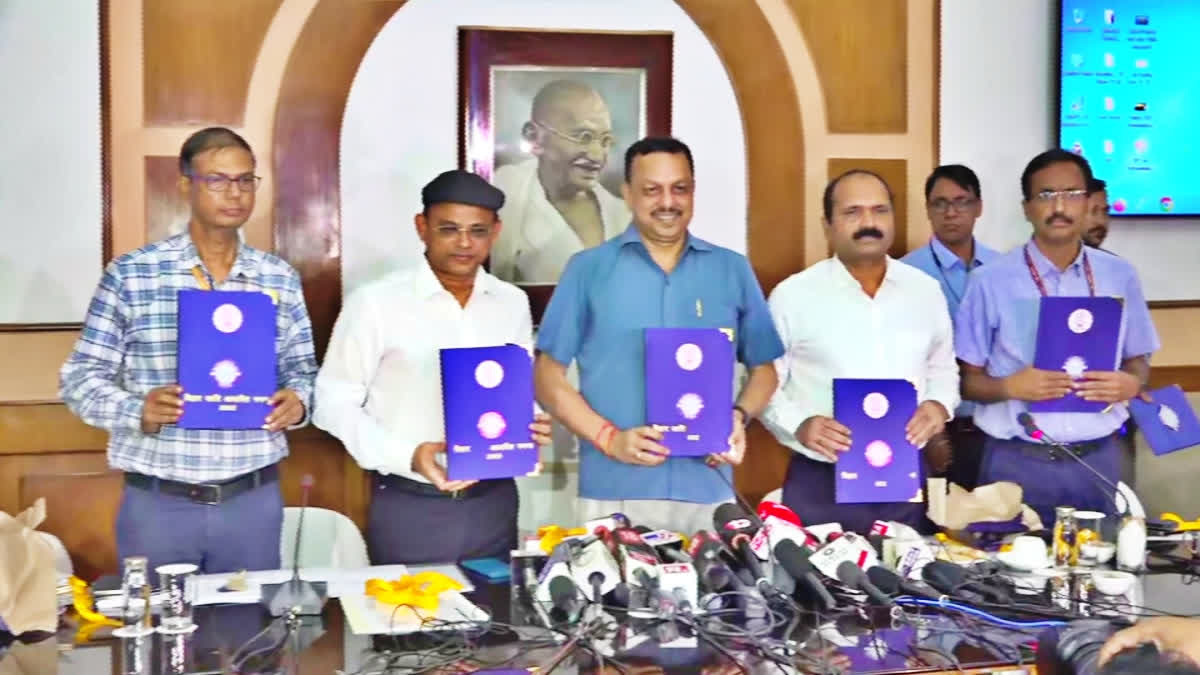Patna (Bihar): The Nitish Kumar-led government in Bihar unveiled the results of its long-anticipated caste survey on Monday. The findings indicated that a substantial 63 percent of the state's population is comprised of OBCs (Other Backward Classes) and EBCs (Extremely Backward Classes).
Development Commissioner Vivek Singh revealed the findings of the survey during a press conference here. According to the survey, Bihar's total population exceeded 13.07 crore. Among these, the Extremely Backward Classes (EBCs) constituted the largest social segment at 36 percent, followed by the Other Backward Classes at 27.13 percent.
The survey further highlighted that the Yadav community, an OBC group to which Deputy Chief Minister Tejashwi Yadav belongs, held the largest population share at 14.27 percent. Dalits, also known as Scheduled Castes, accounted for 19.65 percent of the total population, while Scheduled Tribes made up 1.68 percent, totaling nearly 22 lakh people. Kushwaha and Kurmi communities form 4.27 per cent and 2.87 per cent of the population. Chief Minister Nitish Kumar belongs to the Kurmi community in the state.
The unreserved category, representing the upper castes, historically dominant in politics until the Mandal wave of the 1990s, comprised 15.52 percent of the total population.
Additionally, the survey revealed that the majority of Bihar's population is Hindu, accounting for 81.99 percent, with Muslims constituting 17.70 percent. Minor religious groups, including Christians, Sikhs, Jains, and others, along with non-believers, collectively made up less than one percent of the total population.
Chief Minister Nitish Kumar commended the government officials for carrying out the "monumental survey" and announced plans to convene a meeting with all nine political parties in the state legislature to share these facts and figures.
RJD president Lalu Prasad, an ally of Kumar and the father of Deputy Chief Minister Tejashwi Yadav, stated that this survey sets the stage for a nationwide caste census when they come to power at the Centre. Both Prasad and Kumar played pivotal roles in the INDIA coalition, which expressed its commitment to conducting a caste census during a recent meeting in Bengaluru.
It's noteworthy that this survey was initiated last year after the Narendra Modi government at the Centre clarified its inability to include castes other than SCs and STs in the census. The last comprehensive caste headcount occurred in 1931. Advocates for a new caste survey argue that an updated estimate is needed, particularly for the weaker sections of society, whose proportion of the population may have increased with improved life expectancy in the post-Independence era.
The state cabinet approved the caste survey on June 2 last year, allocating Rs 500 crore for this extensive endeavour. While the survey initially faced legal challenges in the Patna High Court, it finally commenced on January 7 this year, surpassing its original deadline of February 2023. Political leaders in the ruling Mahagathbandhan coalition alleged that those filing petitions were BJP supporters, a claim denied by the saffron party, which was part of the government when the survey received cabinet approval.
Also read: Congress will conduct caste census if voted to power: Rahul Gandhi in poll-bound Madhya Pradesh



